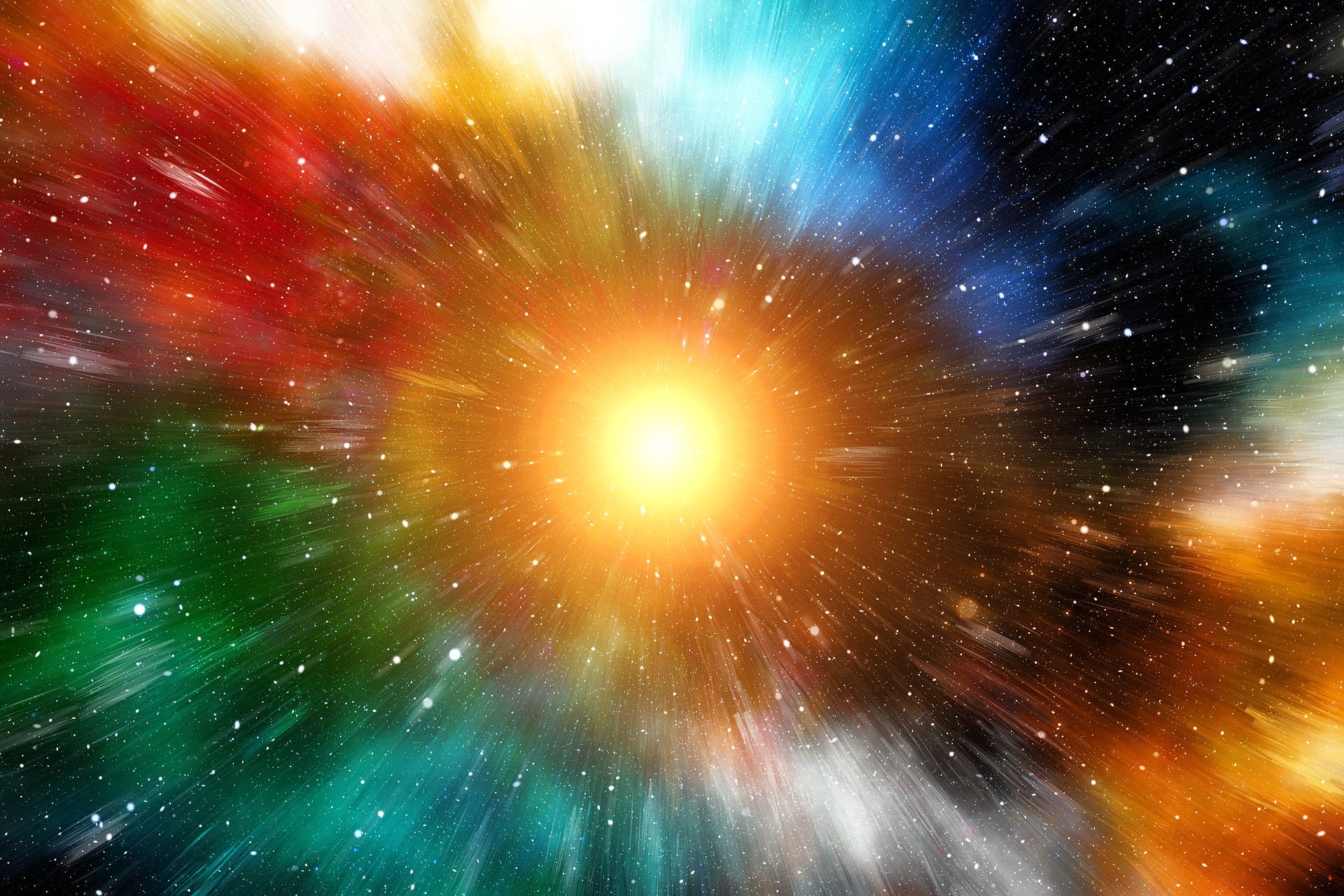This is an examination of Thomas Aquinas’s use of the Cosmological Argument to develop a rather thick conception of God from its conclusion. He is especially concerned to show that the God of this argument is 1) an actual being capable of causing and interacting, and 2) that this real cause is intimately related to the world, including us. This God is clearly not the abstract, impersonal, and non-relational cause as is so often alleged by both atheists and Christians alike. Thus, I conclude, the conclusion of the argument is perfectly consistent with the God of the Bible, though, of course, neither give us a full conception of an infinite creator God … nor could they.
What is unique to Thomas is that he sees how a whole metaphysics of God unfolds out of even the simplest form of the cosmological argument as found in Summa contra Gentiles I, 15.
We find in the world, furthermore, certain beings, those namely that are subject to generation and corruption, which can be and not-be. But what can be has a cause because, since it is equally related to two contraries, namely, being and non-being, it must be owing to some cause that being accrues to it. Now . . . one cannot proceed to infinity among causes. We must therefore posit something that is a necessary being.
For Thomas this is not just some cute and convenient philosophical head game, but simple human observation and thinking. However, it is also divine revelation coming into play. This is what God allows us to see when we open our eyes. Aristotle was right that our ordinary perceptions of causal connections demand there be an uncaused first cause. He was even willing to call this God.
It was Parmenides who first, inadvertently perhaps, concluded to the conditions of unlimited being: timeless, unbounded, and unchanging. And it was Aristotle who then applied this to the conclusion of the cosmological argument. Thomas can now extend his argument to conclude to infinity, simplicity, eternality, and immutability. If a being is uncaused, unlimited, and without boundaries, then it cannot have finite parts, it cannot be restricted by space or time, and it cannot change into something different.
This is important in responding to the most frequent objection to this argument: that this first uncaused cause is not God. Christians and atheists alike have argued that the cosmological argument yields at best an abstract impersonal and nonrelational cause, but not the God of love, mercy, and grace, not the God of Abraham, Isaac, and Jacob. Perhaps it is just the laws of physics, or the force of evolution, or the universe itself, but certainly not the personal God of the Bible.
Thomas argues that the extensions of the argument take care of the real weight of these objections. Aristotle had already begun this process, based on Parmenides’s argument, but Thomas extends it in much more detail. Here is the list of properties that follow from “first uncaused cause” as listed in the Summa contra Gentiles following the brief form of the argument at the beginning of book I, section 15.
15.121 no beginning or ending
15.122 not temporal
15.124 not dependent
16.128 no passive potential
17.134 not material
17.137 not a material cause
18.141 not composite, therefore simple
19.142 not subject to coercion
20.154 not corporeal
21.197 no property other than its nature
22.203 not a being other than its nature
23.214 no accidents
24.224 no differentiations or parts
25.228 no genus therefore only one
25.233 not defined or limited by its properties
25.234 no a priori argument possible
26.238 not a universal formal cause
27.251 not the form of an object
28.259 not imperfect
First, to Christian objectors Thomas concludes that an uncaused cause must be infinitely relational, omniscient, and involved, precisely as the ultimate cause of every event. As the artist is to every dab of paint on the canvas, so is the first cause to every flap of butterfly wing, and every neuron firing in my brain, regardless of how many intermediate causes there might be. There could be no greater intimacy.
This is possible because Thomas understands this argument to be about efficient causality. God’s relationship to the world is not just as planner, coordinator, mastermind even, but as ultimate agent. Nothing happens that he does not originate. All agency is his, as Thomas sees it in this argument.
Second, the atheist is here also countered. The relationship of first cause to all other causes is made radically different by the fact that this first cause is not a finite, contingent being, hence cannot be the universe itself nor any event or part of it. Yet it is a real cause, and so not an abstract law or principle: it must be an actual infinite entity. This argument is about existence, pure and simple. If something exists, then its cause exists.
— W. David Beck (PhD, Boston University) is emeritus professor of philosophy at Liberty University. He is the coeditor of Raised on the Third Day: Defending the Historicity of the Resurrection of Jesus, and his written work has appeared in publications including Philosophia Christi, Journal of the Evangelical Theological Society, and Christianity Today.
The above excerpt is taken from Does God Exist? A History of Answers to the Question, by W. David Beck. Copyright © 2021 by W. David Beck. Published by InterVarsity Press, Downers Grove, IL. www.ivpress.com.
Image by Gerd Altmann from Pixabay










